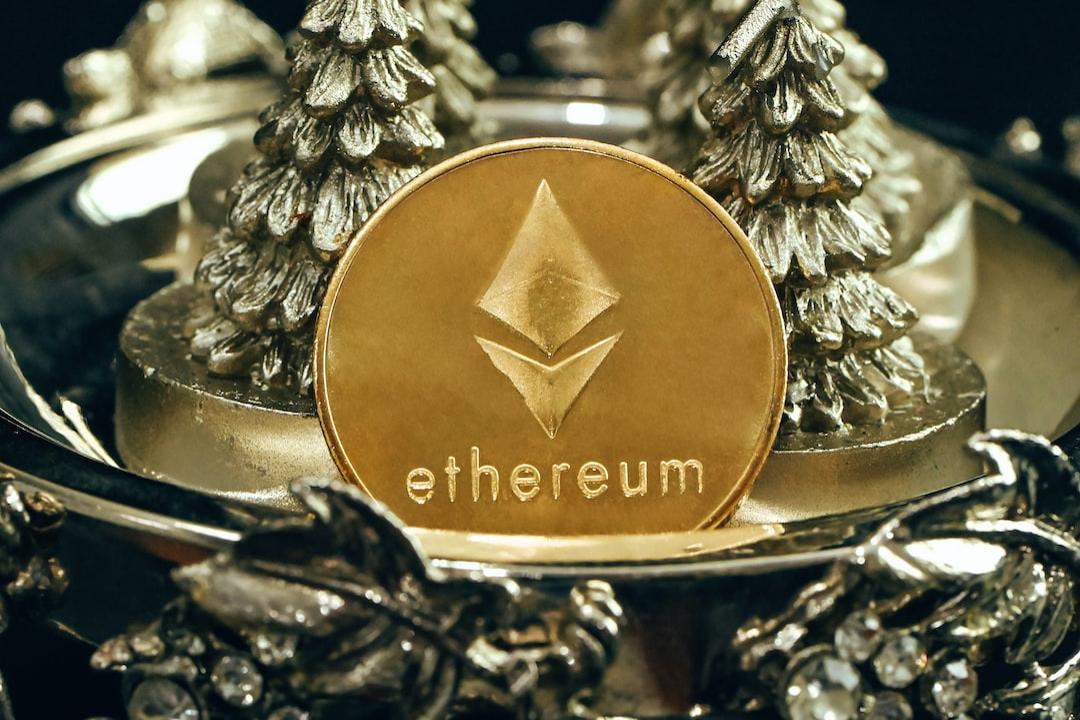Solana validators have approved a proposal to reduce the delay in consensus “votes,” potentially speeding up transactions on the blockchain. The proposal, known as “Timely Vote Credits,” received a 98% majority vote in favor on April 9. It aims to modify the incentives for validators when making votes, a crucial aspect of Solana’s consensus mechanism for confirming transactions.
Previously, validators received a fixed one vote credit each time they submitted a consensus vote on a block that was finalized by the network. However, validators discovered that they could maximize their earnings by delaying their votes until the last moment to ensure they were voting on the correct fork without any penalty.
The proposal, put forward by “zantetsu” from Solana validator Shinobi Systems on March 14, suggests implementing a variable number of vote credits based on the latency of the votes. Votes with lower latency would receive more credits. This change aims to discourage intentional delays, as delaying a vote would result in fewer credits earned.
There have been concerns raised by Solana users in the past regarding the vote credit system. The current state of the blockchain shows that it produces approximately 1,000 user transactions per second and nearly 2,000 vote transactions per second.
The impact of the new mechanism is yet to be determined, as it is expected to be implemented after Solana’s v1.18 upgrade later this month. This upgrade will address priority fee fixes and network congestion issues on the chain.
In the meantime, Solana has been dealing with a series of failed transactions attributed to an “implementation bug” in the QUIC data transfer protocol developed by Google. A bug fix, involving a reconfiguration for QUIC, is scheduled for April 15, pending successful testing.
Looking ahead, there are questions about whether measuring blockchain transactions per second (TPS) will still be relevant in 2024.

